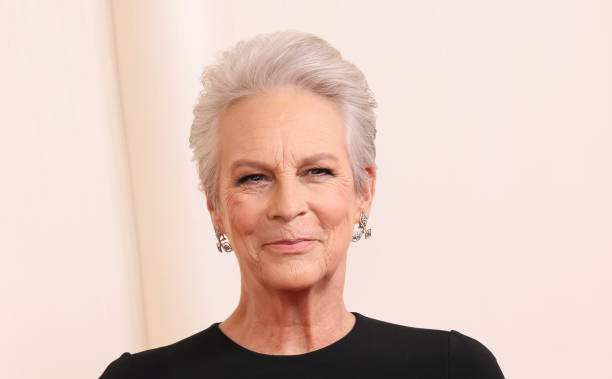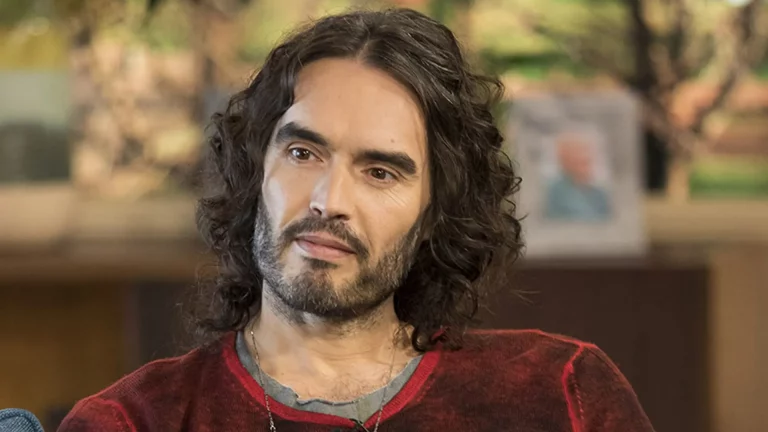
In 2022, after images surfaced showing Cara Delevingne in a distressed condition at Van Nuys Airport in Los Angeles, she checked herself into a rehab centre for drugs. At the time, her lifestyle was – by her own admission – quite hedonistic. Intense partying and public appearances which often concealed her internal struggles.
Her entry into rehab was not just about overcoming substance abuse. It was also about rebuilding her mental health, self-esteem, and overall well-being. The experience in rehab introduced her to a supportive community and a structured recovery process, including a 12-step program, which she credits for making a significant difference in her life.
It has brought her stability, calmness, and a newfound trust in herself. Her addiction and the fast-paced lifestyle of her career previously overshadowed this.
Who is Cara Delevingne?
Cara Delevingne, born on August 12, 1992, in London, England, is a prominent figure in the worlds of modelling, acting, and social media influence. Coming from an affluent background with notable ancestors, including aristocrats and royals, she has made a significant mark in various creative fields.
Cara grew up in the upscale area of Belgravia, London, with her parents, Pandora Anne and Charles Hamar Delevingne, a property developer. She also has two older sisters, Chloe and Poppy. She attended the Francis Holland School for Girls in London and later transferred to Bedales School in Hampshire to focus on drama and music. However, she eventually dropped out to pursue modelling full-time.
Cara’s modelling career began at a young age. She worked first in an editorial for Vogue Italia shot by Bruce Weber. She then signed with Storm Management in 2009 and quickly rose to prominence. Her breakthrough came when Burberry’s Christopher Bailey scouted her in 2012. This led to high-profile runway shows and campaigns for major fashion houses including Chanel and Victoria’s Secret. Cara has received numerous accolades for her work in the fashion industry, including multiple “Model of the Year” awards.
In addition to her successful modelling career, Cara has also made a name for herself as an actress. She debuted in the film industry with a role in the 2012 adaptation of “Anna Karenina”.
Cara Delevingne’s battle with mental health issues and addiction
Cara has openly discussed her struggles. In particular, she emphasises the heavy toll that her lifestyle as a high-profile model and actress took on her mental health. Her candid revelations include battles with depression, substance abuse, and the overwhelming pressures of fame.
From a young age, Delevingne experienced mental health issues, with signs of depression and anxiety emerging during her teenage years. These early experiences were compounded by the intense scrutiny and demands of her modelling career. She has spoken about the unsustainable nature of her previous lifestyle. As mentioned, this was marked by partying and substance abuse.
Cara Delevingne sought treatment for drugs and addiction, opting into a 12-step program. This decision came after a period of self-reflection triggered by paparazzi photos showing her in a dishevelled state, which served as a wake-up call. The images prompted her to confront the reality of her situation and the necessity for a healthier lifestyle.
Impact of fame on Cara Delevingne’s health
Cara Delevingne’s rise to fame brought significant pressures that impacted her mental and physical health. Despite her successful career, she has publicly discussed her struggles with depression, anxiety, and the demands of living in the public eye.
From a young age, Delevingne experienced depression and anxiety, initially triggered by being bullied during her school years. These early experiences of feeling alienated contributed to her later mental health struggles. This was despite her outward success and popularity.
The pressures of fame intensified as Delevingne’s career in modelling took off. She described feeling overwhelmed and undeserving of her success, which led to feelings of inadequacy and self-doubt. These feelings were compounded by the high expectations and visibility that came with her roles as a model and actress.
Her transition away from full-time modelling towards acting and other endeavours was partly motivated by her desire to find a more sustainable lifestyle that prioritised her mental health. She has highlighted the importance of a supportive network, including close friends and her partner, in helping her navigate the complexities of her life in the spotlight.
Recovery and advocacy
Beyond her personal recovery, Cara Delevingne has become an advocate for mental health, drugs and addiction awareness. She uses her platform to share her story and to help destigmatise discussions about mental health and substance abuse. By being candid about her own struggles, Delevingne hopes to inspire others who might be facing similar battles. She has stressed the importance of seeking help and the possibility of recovery.
Her advocacy extends to her openness about the importance of sobriety in her life, marked by reflections on her past behaviour and how it was not sustainable.
Broader impact
By sharing her personal experiences, Delevingne has contributed to a broader conversation about mental health and addiction. This is particularly the case in environments often perceived as glamorous and problem-free like the fashion and film industries. Her openness encourages others in similar situations to speak openly about their struggles. This in turn reduces the stigma associated with mental health issues and addiction.
Delevingne’s openness has also had implications for the industries in which she works. Her story prompts a reconsideration of the pressures and expectations placed on individuals in high-profile positions and the support systems available to them. There is a growing awareness of the need for mental health resources in the fashion and entertainment sectors. Environments like these can be incredibly demanding and often detrimental to one’s health without proper support.
By showing that recovery is not only about personal willpower but also about community support and professional help, she contributes to a more complete understanding of what effective recovery can look like.
Cara Delevingne’s experience with addiction and recovery serves not only as a personal narrative of overcoming difficulties but also as a catalyst for change, inspiring improvements in how society addresses and supports mental health and addiction.





